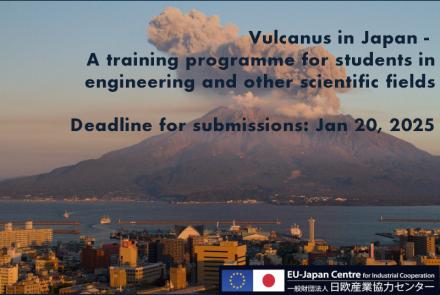AMBER
innovAtive deMonstrator for hyBrid-Electric Regional application
HORIZON-JU-CLEAN-AVIATION-2022-01-HER-01
Start date: 1 January 2023
End date: 31 March 2026
Project Cost: about 43.5 M€ (about 33.8 M€ granted by EC)
Coordinator: AvioAero (https://www.avioaero.com/)
DICI Team Leader: Gianpietro Di Rito
Climate change poses an unprecedented challenge on today’s society. Numerous studies highlight the urgent need to decarbonize global industry and to drastically reduce pollutant emissions across all sectors, including aviation. Although, the global environmental impact of aviation is mostly driven by small-medium range market aircraft due to the large volume of operations, the development of disruptive technologies for the power demands such applications require cannot be put in place until progressive maturation of novel enabling technologies has been achieved at lower scale or sizes. The transformation of regional aviation, i.e., aircraft serving distances of 500 to 1000 km at a capacity of up to 100 seats, will thus lead the way towards sustainability and will be of particular importance. Both battery and liquid hydrogen powered fuel cell technology will not be sufficiently matured to allow the realization of a fully electric regional aircraft within the next decade. Instead, an intermediate step will be required to significantly reduce GHG emissions already by 2035. The development of a hybrid-electric propulsion system for regional aircraft with at least 50% hybridization represents this very challenging, yet achievable intermediate step and can allow for a mission fuel burn reduction by at least 50% compared to 2020 state-of-the-art regional aircraft. A thermal engine that allows for usage of 100% sustainable aviation fuel, will allow to reduce lifecycle GHG emissions by 90% and thus close to zero. The proposed project AMBER (innovAtive deMonstrator for hyBrid-Electric Regional application) addresses this aspect and pursues the maturation of hybrid-electric key components and the validation of a product-representative parallel hybrid-electric propulsion system architecture, fuel cell based, for next-generation regional aircraft with EIS by 2035 to meet the ambitious environmental goals set out in SRIA and the Clean Aviation topic call.

Column 2 contentUNIPI will contribute to the project activities related to the WP 1.3 “Supervisory & Hierarchical Control”, whose main objectives are the architecture definition, the reliability/safety assessment, the performance characterization and the application SW development/validation of the Supervisory & Hierarchical Control System (SHCS) of the hybrid propulsion engine.
More in detail, UNIPI will contribute to:
• the allocation of SHCS functions to subsystems and components (propeller control unit, fuel cell control unit, power distribution system, engine actuators and sensors, electrical machine
with related power drive and sensors);
• the SHCS Preliminary System Safety Assessment (PSSA) and architecture definition (subsystems/components redundancy, fault-tolerance, emergency and safety devices, redundancy management techniques/strategies) via Functional Hazard Analysis (FHA), Fault-Tree Analysis (FTA) and Fault Mode and Effects Analysis (FMEA);
• the design of SHCS control and health-monitoring algorithms, including physically-based dynamic modelling of the system, simulation of major fault modes, development of optimal power management/split algorithms, development of model-based FDI algorithms.






